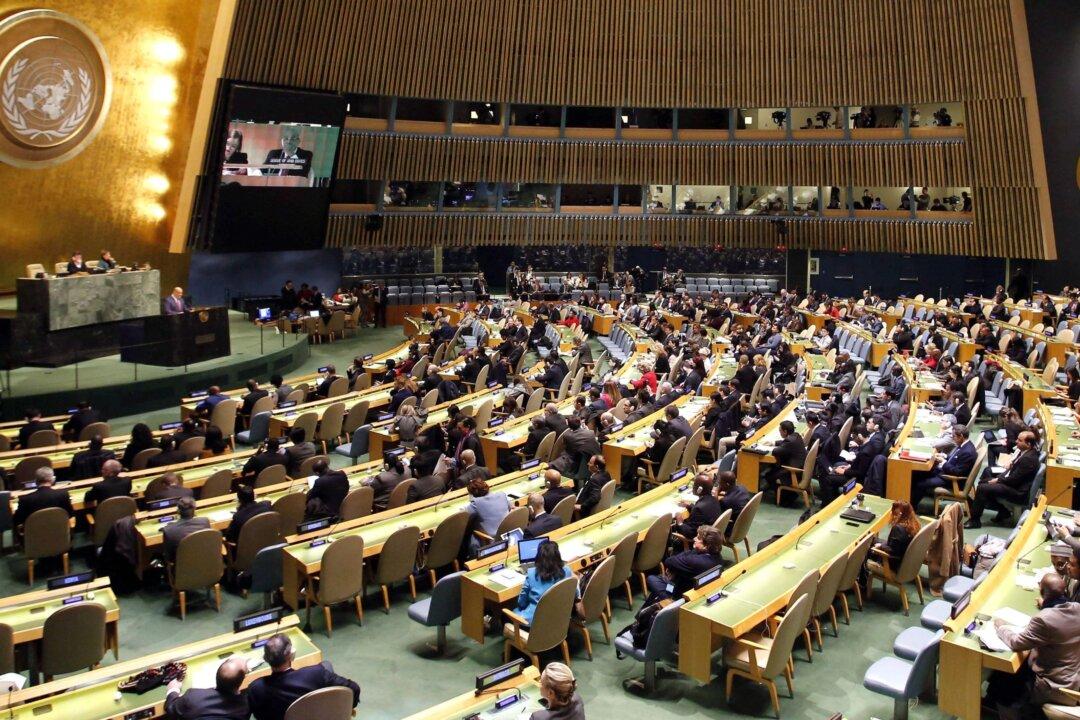The Australian government should take the Taiwan issue to the United Nations for a vote as a circuit breaker to smother any potential military conflict in the Taiwan Strait, according to a diplomacy expert.
“I think Australia could lead the charge to call Beijing’s bluff by bringing the issue before the United Nations,” Joseph Siracusa, adjunct professor of the political history of international diplomacy at Curtin University, says.





